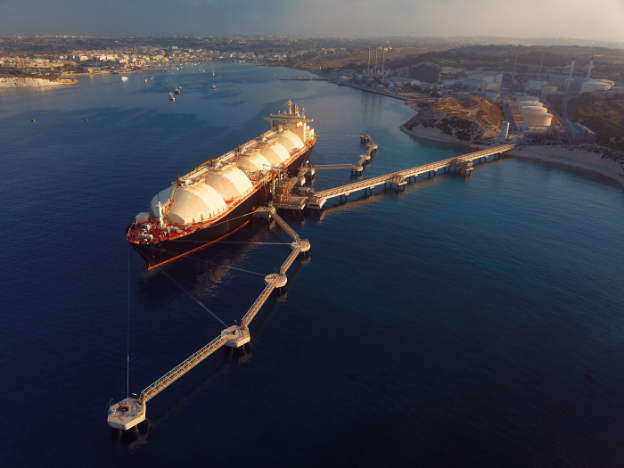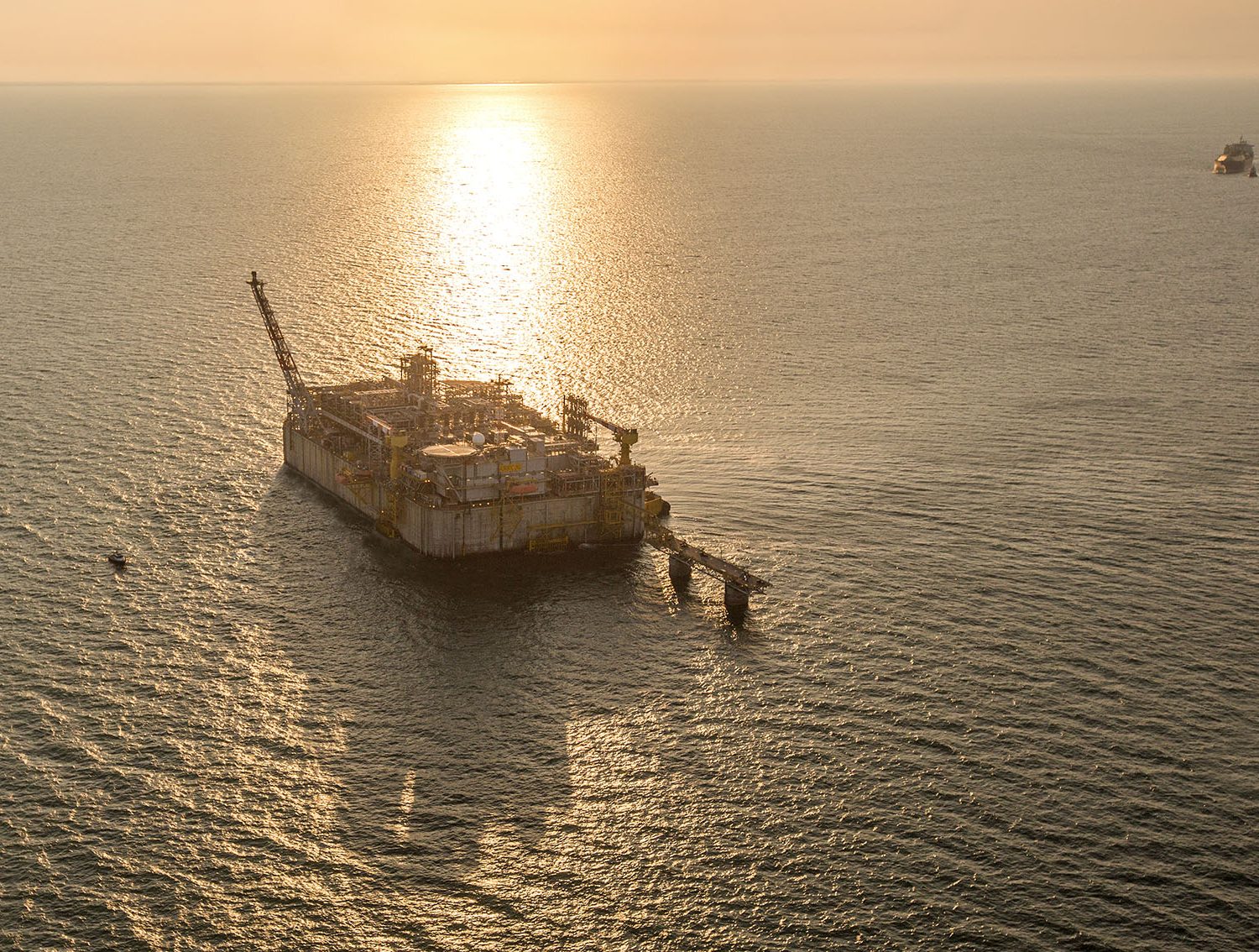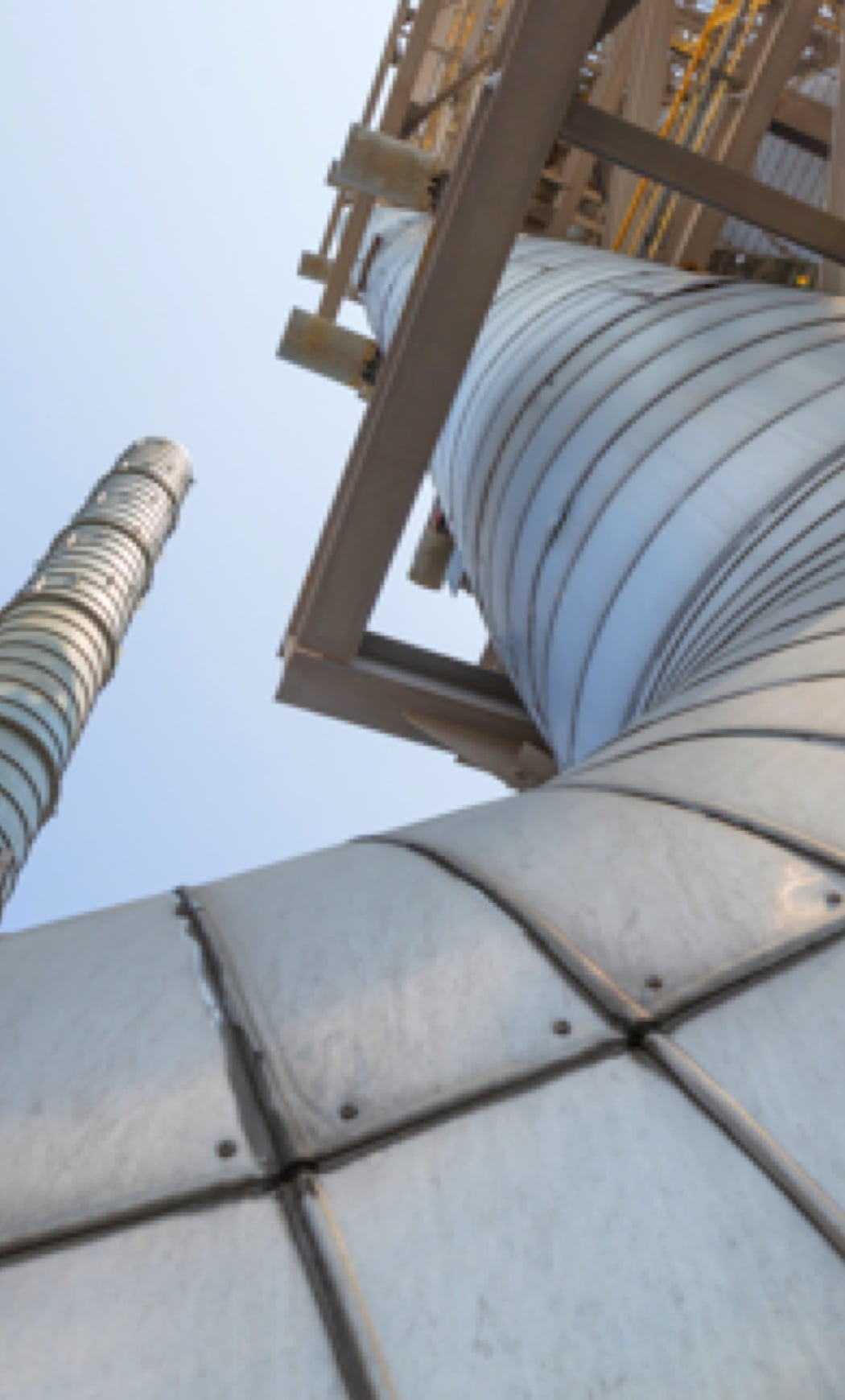The challenges we face are multi-faceted. While Europe’s energy transition ambitions remain front of mind, the current supply and demand imbalance in oil and natural gas markets is having a very real impact on families in Europe and beyond. Recent geopolitical events have exacerbated this imbalance. Rebalancing supply and demand will take time, but we are investing to increase supply of reliable energy, and to develop new technologies that help support society’s ambitions for a net-zero future.
ExxonMobil is working to assist in meeting new demand from Europe and working to understand Europe’s current short-term and longer-term needs, and how ExxonMobil can continue to be a solutions partner. In addition, over the past year, we have reduced our own natural gas consumption in European manufacturing facilities by around 65%, the equivalent to powering over two million homes in Europe.
Recent events have highlighted the important role that Liquefied Natural Gas (LNG) can play in supply security. Today, demand is outpacing available supply but we are working to meet society’s needs. It’s important that business and families across Europe continue to have secure supply of energy to power their homes and industries. For example, ExxonMobil has entered into an agreement with SPP, an energy provider in Slovakia, to further strengthen Slovakia’s supply of natural gas.
We continue to focus on reducing emissions and helping manage the risks of climate change. We plan to play a leading role in the energy transition, and we fully support society’s ambition to achieve net-zero emissions by 2050.
We are taking a leading role in providing low-carbon products and developing and deploying the technologies needed for a net-zero future. We established our Low Carbon Solutions business in early 2021, leveraging our unique combination of capabilities, such as geophysics expertise and complex project management. The business aims to continue to reduce emissions from our own operations and products, and to commercialize low-carbon opportunities for broad deployment around the world, including carbon capture and storage (CCS), hydrogen and lower-emission fuels.
In Belgium for example, we are part of a multi-stakeholder CCS project at the Port of Antwerp, Europe’s largest integrated energy and chemical cluster. The project would collect CO2 emissions from industrial sources in the Port for storage, potentially capturing 8 million metric tons of CO2 annually by 2030, a 50% reduction in the area’s CO2 emissions.
ExxonMobil plans to reduce its GHG emissions by 2030, compared to 2016 levels, in support of our Scope 1 and Scope 2 net-zero ambitions for operated assets. Since 2000, we have reduced and avoided 320 million metric tons of emissions through energy-efficiency initiatives and cogeneration projects.
We are investing to increase reliable energy supply while continuing to make progress in reducing our emissions. We thank our European partners for their continued support in these efforts.




